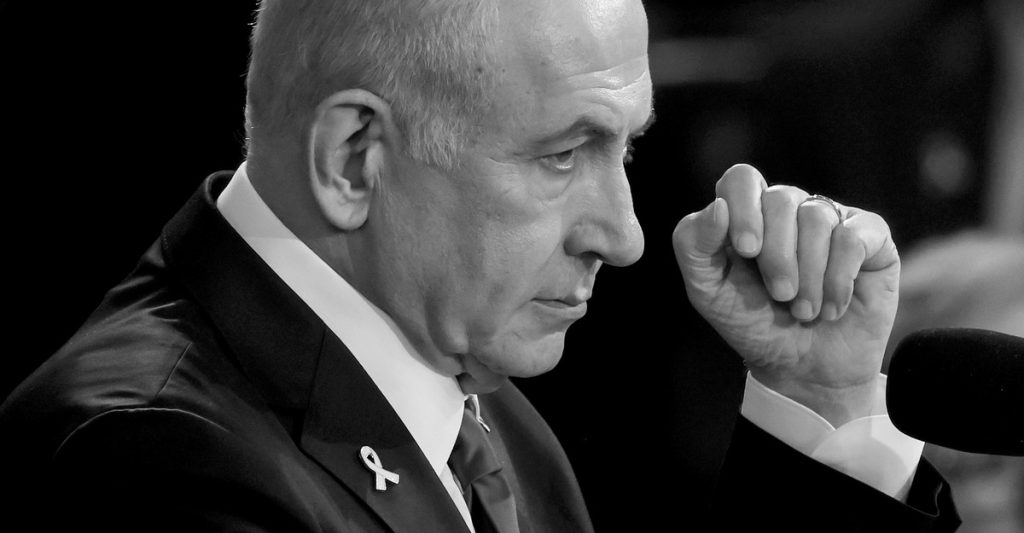In just over a week, Israeli Prime Minister Benjamin Netanyahu has escalated the conflict in Gaza, replaced the head of Israel’s internal security agency, and initiated the dismissal of the attorney general, all while aiming for greater control over the judiciary.
Netanyahu’s simultaneous actions are not coincidental; they reflect his urgent need to address threats to his political power. He is enacting extreme measures, overlooking the potential casualties and jeopardizing Israeli democracy in the process.
The abrupt Israeli airstrikes on Gaza last Tuesday signified the end of a cease-fire and hostage agreement between Israel and Hamas, which was intended to facilitate negotiations for a more permanent ceasefire and the return of hostages.
The breakdown in talks for the next phase of the agreement cannot solely be attributed to the disparity between Israeli and Hamas positions. Despite the significant gap, negotiations that could bridge this divide never occurred. Had Netanyahu been proactive in seeking resolution, he could have considered the future proposal for Gaza offered by Egypt and other Arab nations, which suggested a path toward rebuilding Gaza and establishing an alternative Palestinian governance structure.
Netanyahu’s primary focus appears more on maintaining his government beyond the March 31 budget approval deadline than on resolving the conflict in Gaza. If the budget isn’t approved by that date, the Parliament’s term ends, necessitating new elections within 90 days. Polls indicate a bleak outlook for Netanyahu’s re-election, with his coalition unlikely to regain a majority.
Although Netanyahu’s government managed to pass the budget this week, stabilizing the coalition, the cost was significant. Reports indicate many civilians and combatants in Gaza have been killed in the latest attacks, raising serious concerns among observers about the potential for prolonged conflict and increased Israeli casualties, even as the right-wing factions within his coalition celebrate their temporary success.
Other dangers loom for Netanyahu, particularly with the ongoing investigation, known as Qatargate, into alleged financial ties between some aides and the Qatari government. Critics argue these recent dismissals of key officials are attempts to obstruct the investigation. Such political maneuvers, combined with impending judicial reforms, reveal a troubling pattern wherein Netanyahu prioritizes his political survival over national interests, potentially at an enormous cost to the Israeli people.



